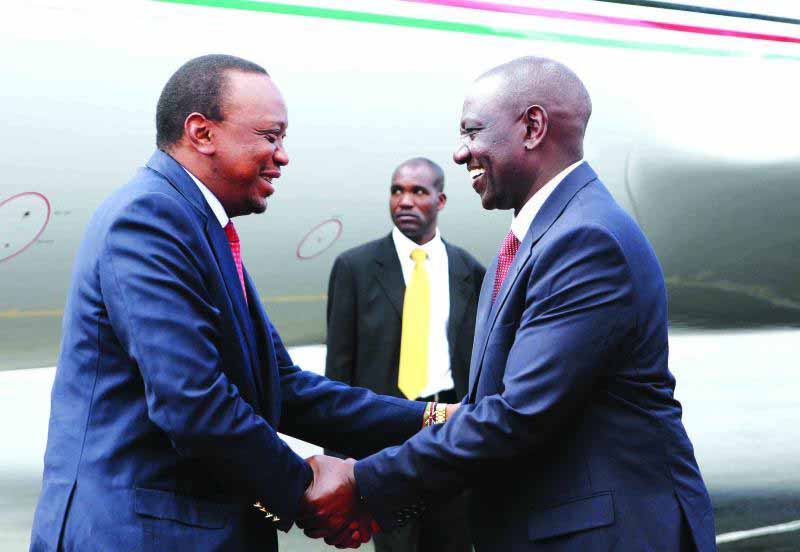×
The Standard e-Paper
Join Thousands Daily

President Uhuru Kenyatta finds himself in a political quagmire stuck with belligerent Deputy President William Ruto following the end of their bromance.
The bitter fallout between the two leaders has seen allies of the president try all tricks in the political book to have him exit in vain.